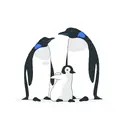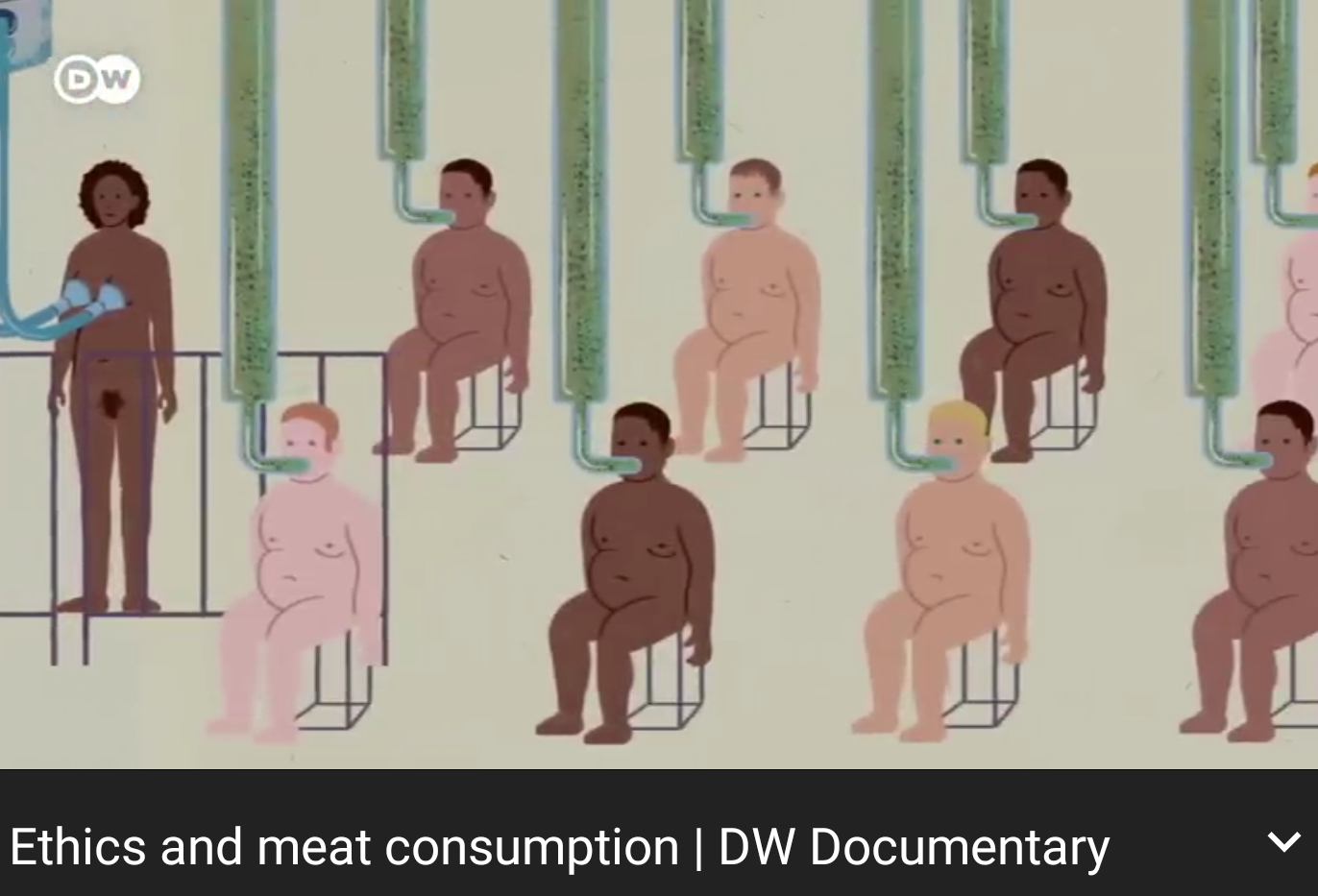-
 chevron_right
chevron_right
Playboy image from 1972 gets ban from IEEE computer journals
news.movim.eu / ArsTechnica · Friday, 29 March - 21:16 · 1 minute

Enlarge (credit: Aurich Lawson | Getty Image)
On Wednesday, the IEEE Computer Society announced to members that, after April 1, it would no longer accept papers that include a frequently used image of a 1972 Playboy model named Lena Forsén. The so-called " Lenna image ," (Forsén added an extra "n" to her name in her Playboy appearance to aid pronunciation) has been used in image processing research since 1973 and has attracted criticism for making some women feel unwelcome in the field.
In an email from the IEEE Computer Society sent to members on Wednesday, Technical & Conference Activities Vice President Terry Benzel wrote , "IEEE's diversity statement and supporting policies such as the IEEE Code of Ethics speak to IEEE's commitment to promoting an including and equitable culture that welcomes all. In alignment with this culture and with respect to the wishes of the subject of the image, Lena Forsén, IEEE will no longer accept submitted papers which include the 'Lena image.'"
An uncropped version of the 512×512-pixel test image originally appeared as the centerfold picture for the December 1972 issue of Playboy Magazine. Usage of the Lenna image in image processing began in June or July 1973 when an assistant professor named Alexander Sawchuck and a graduate student at the University of Southern California Signal and Image Processing Institute scanned a square portion of the centerfold image with a primitive drum scanner, omitting nudity present in the original image. They scanned it for a colleague's conference paper, and after that, others began to use the image as well.






